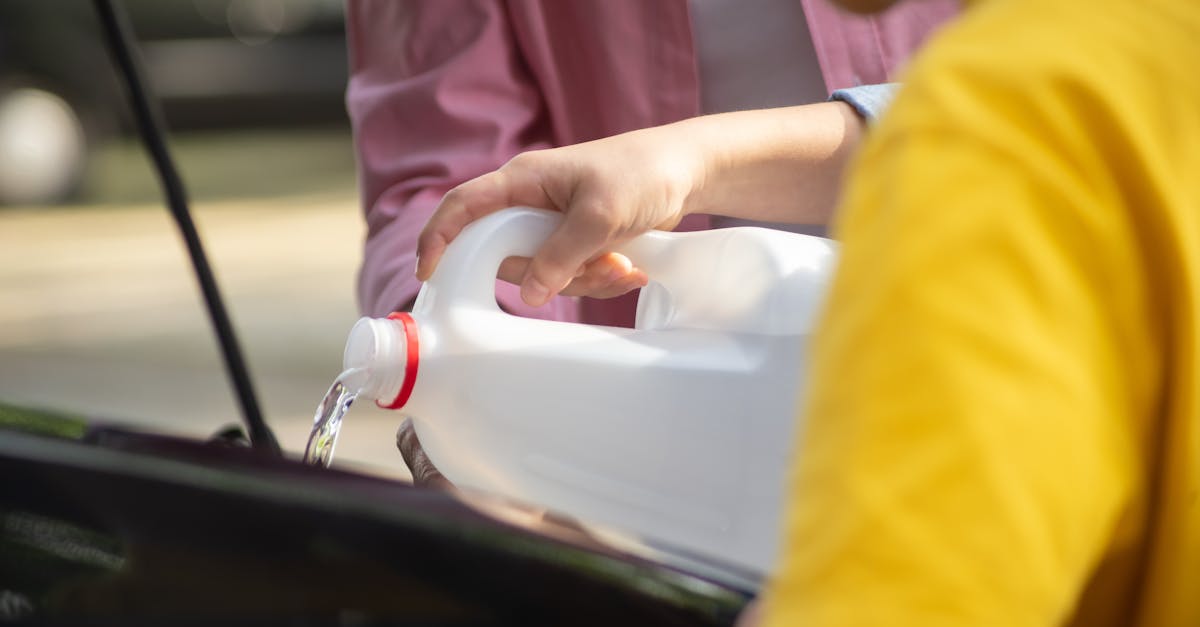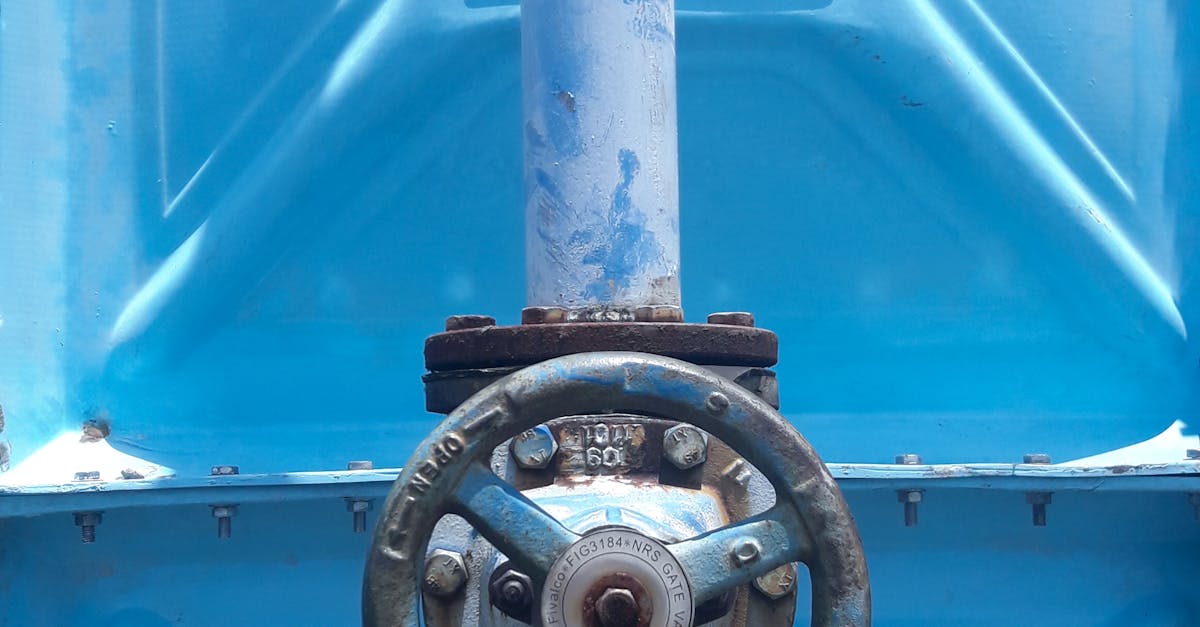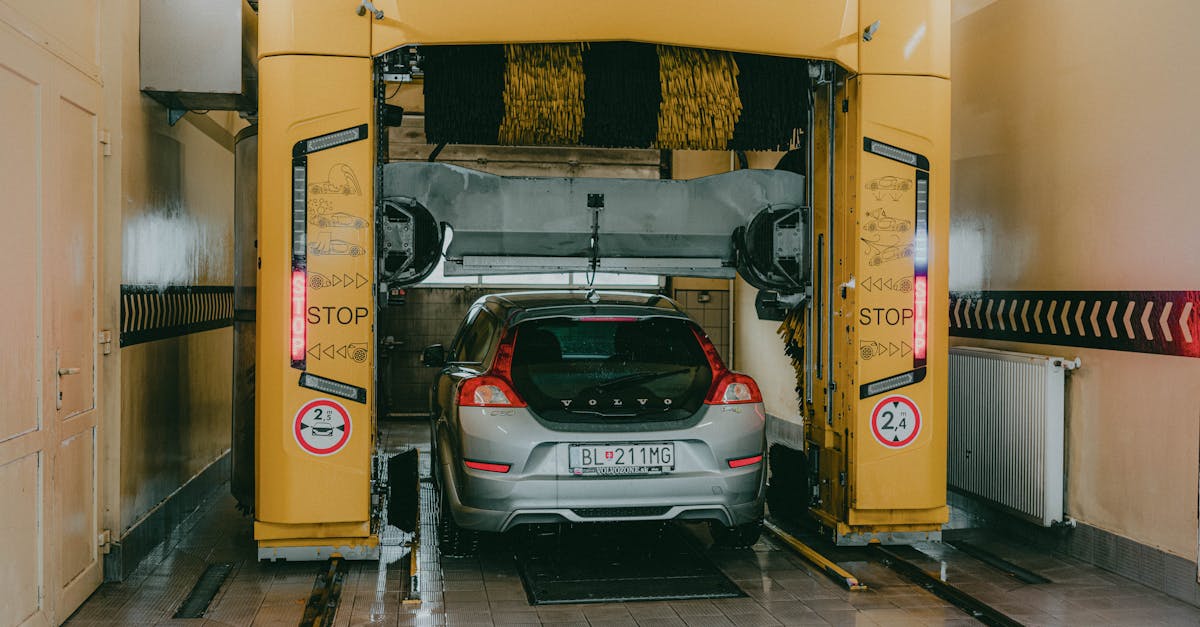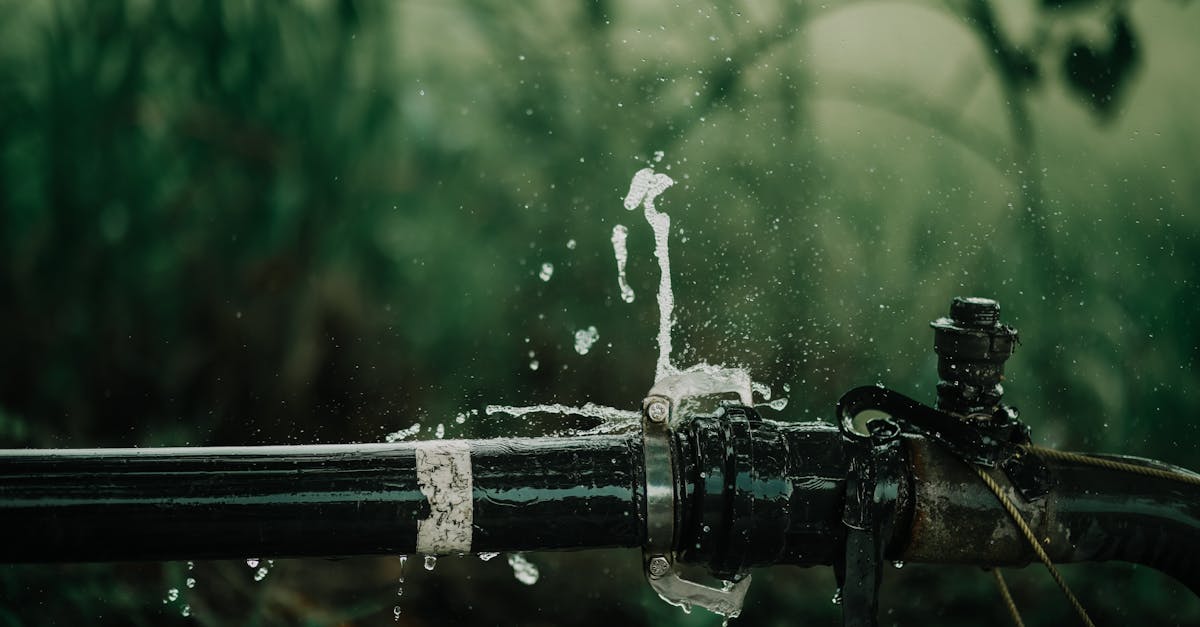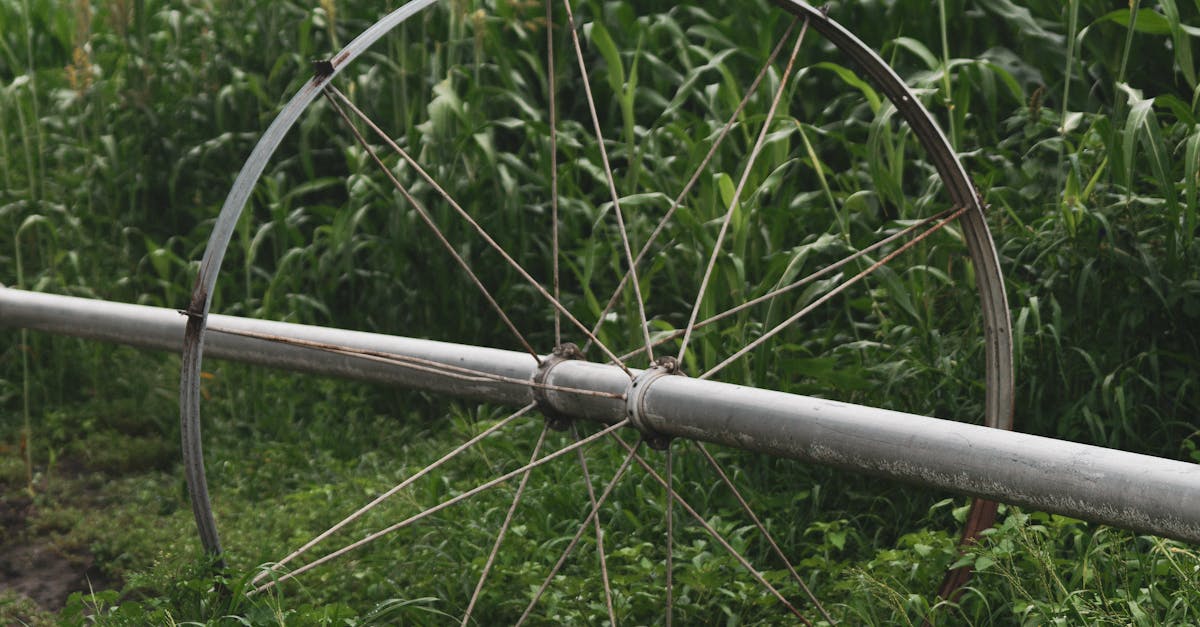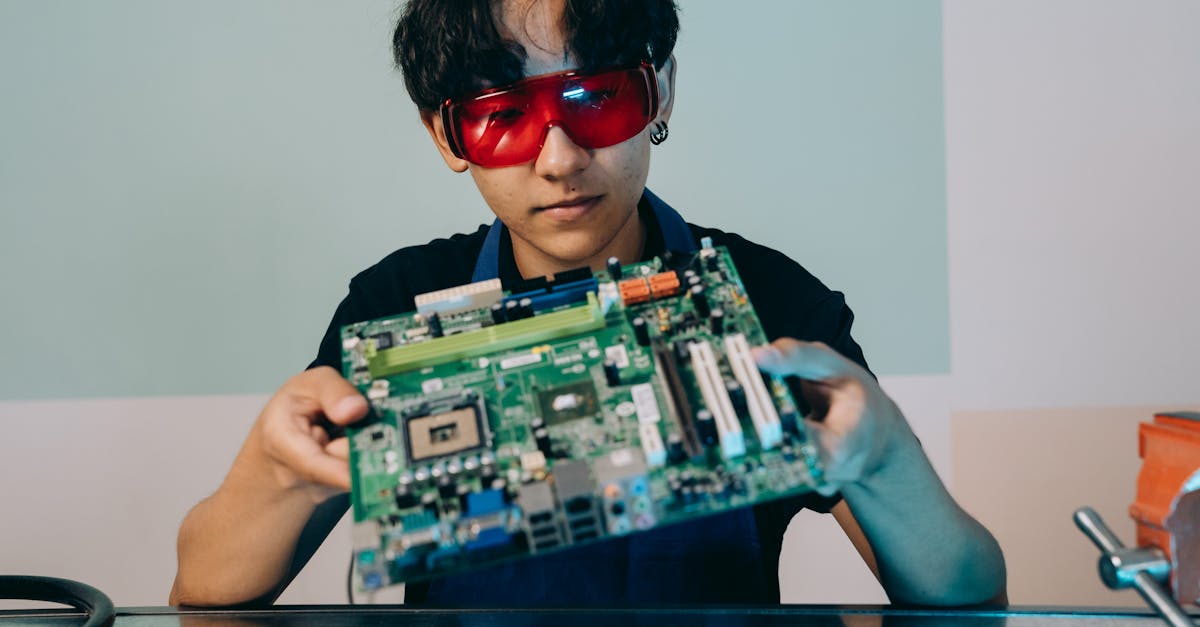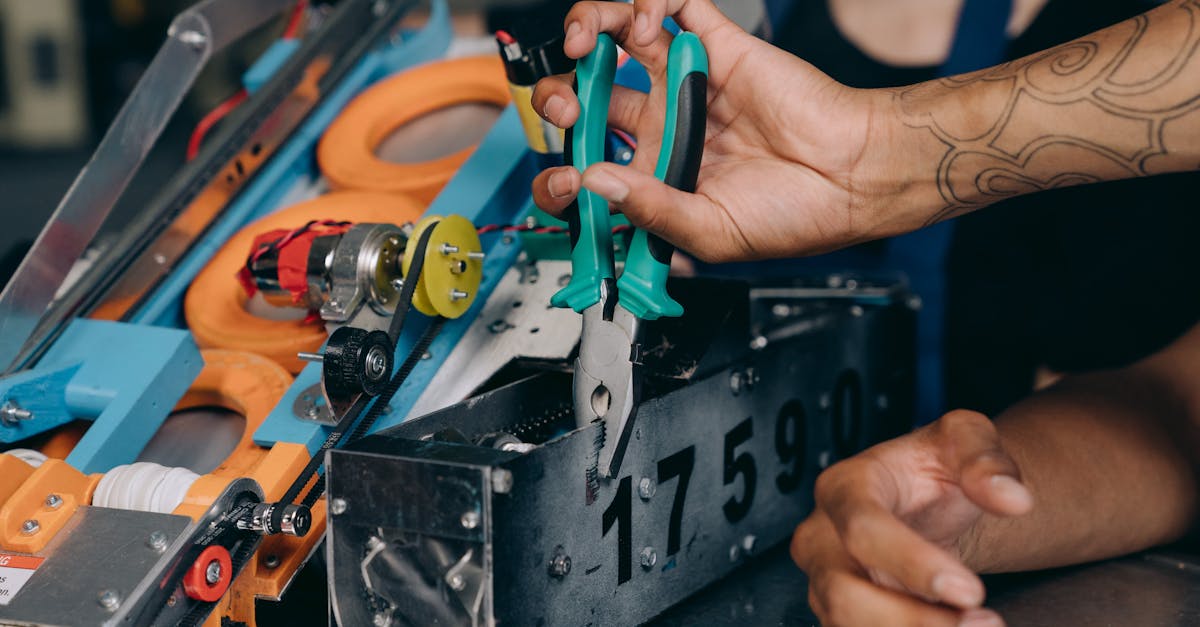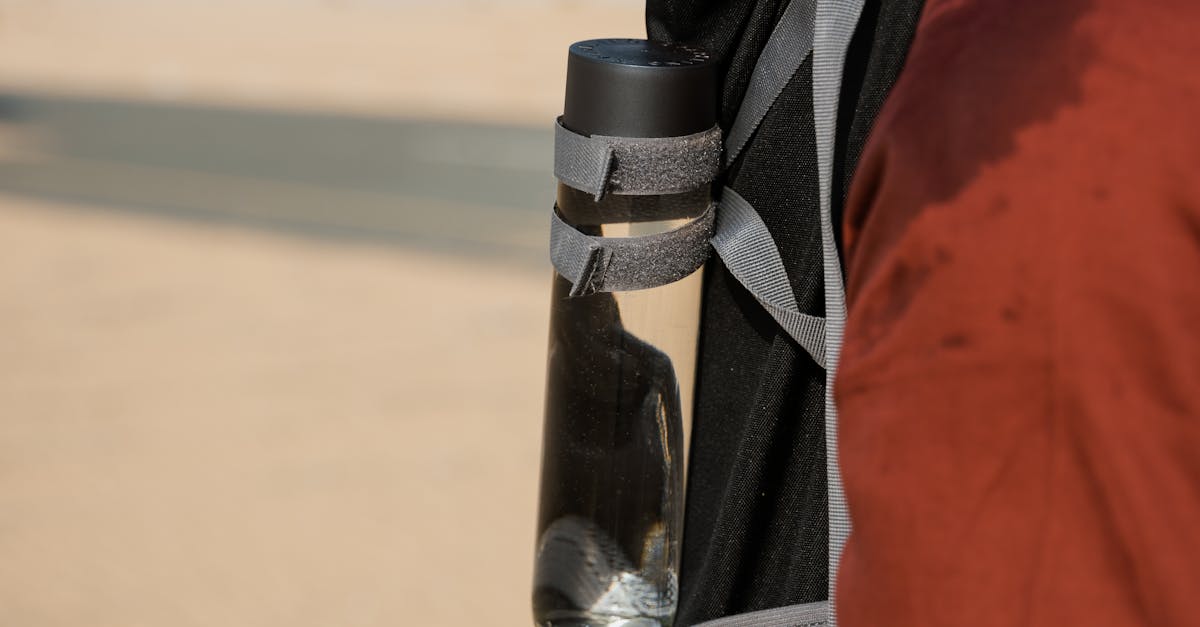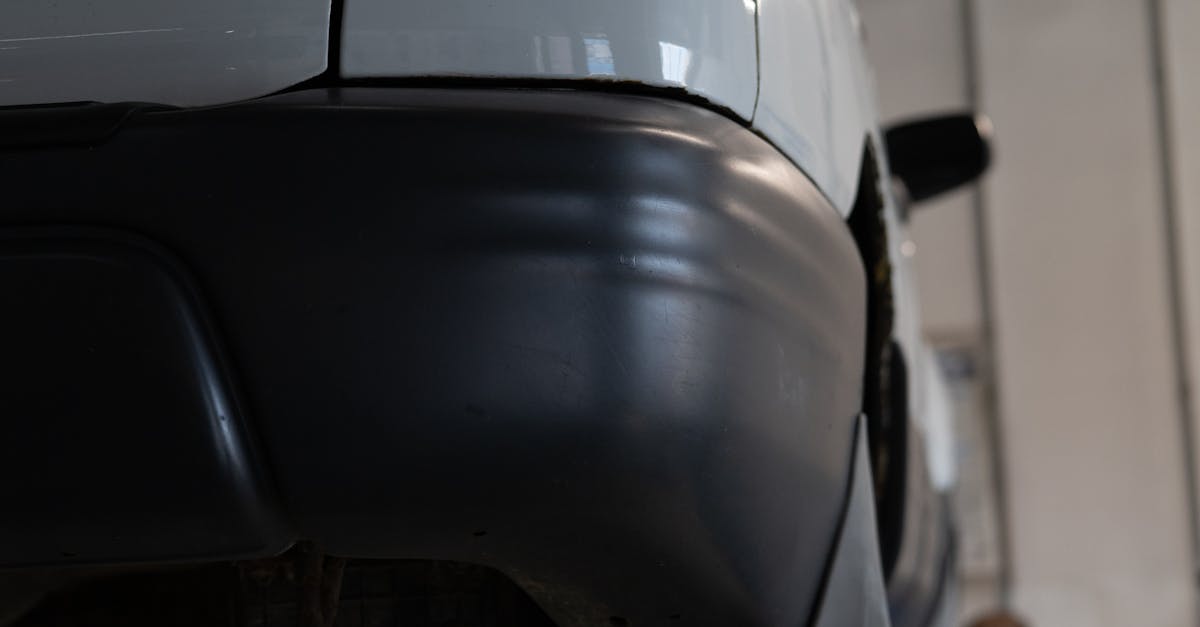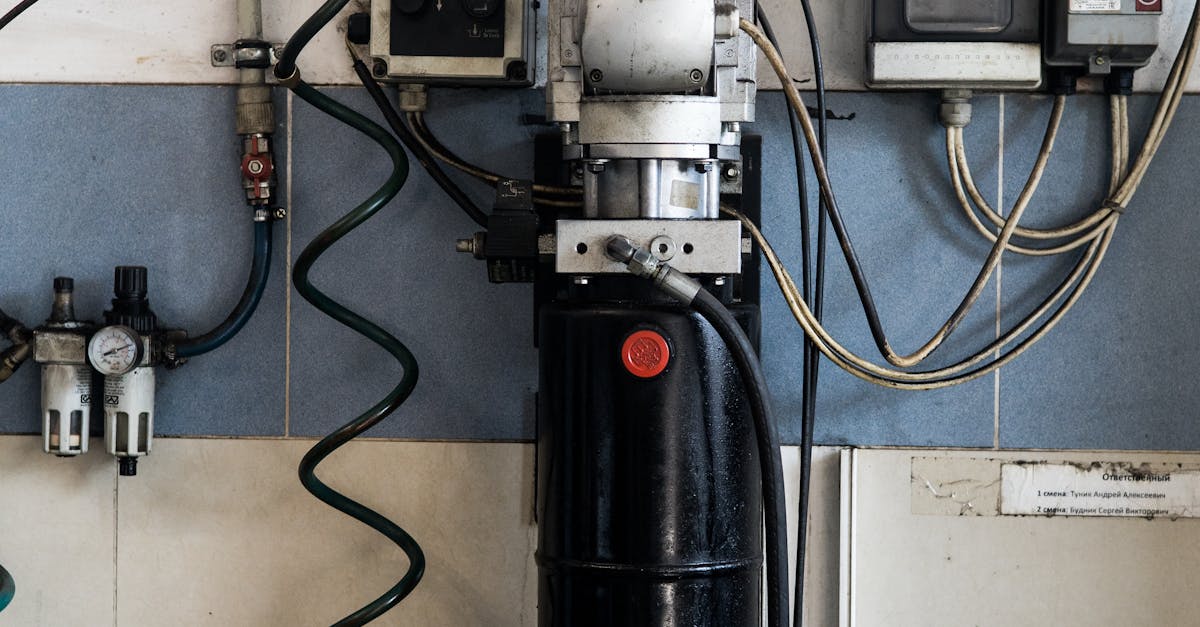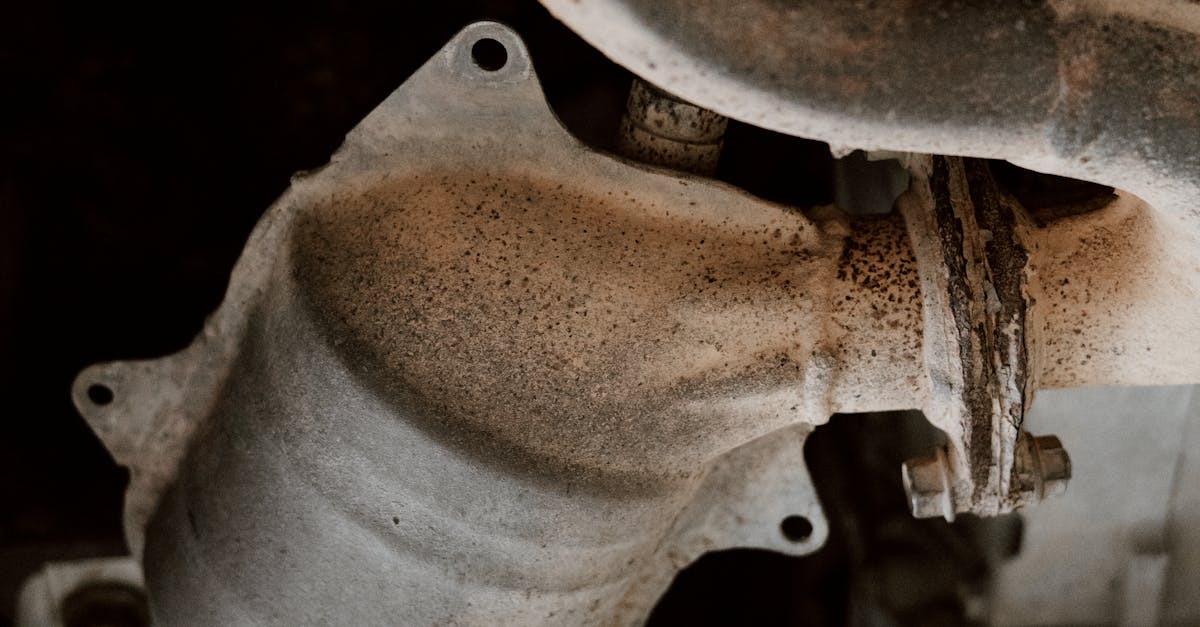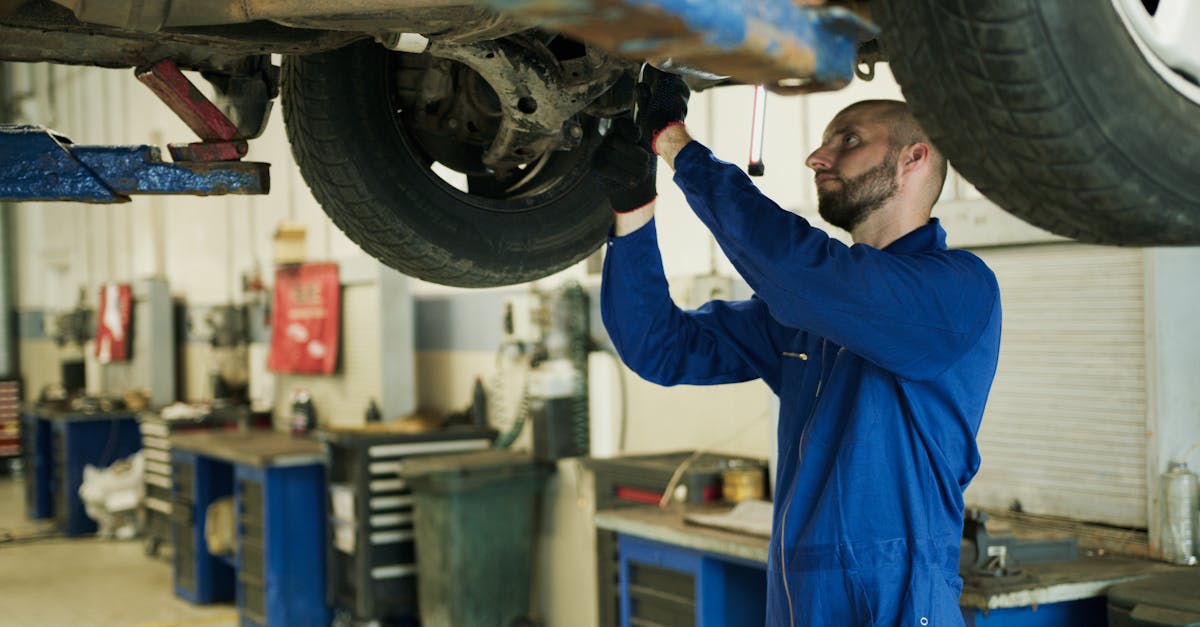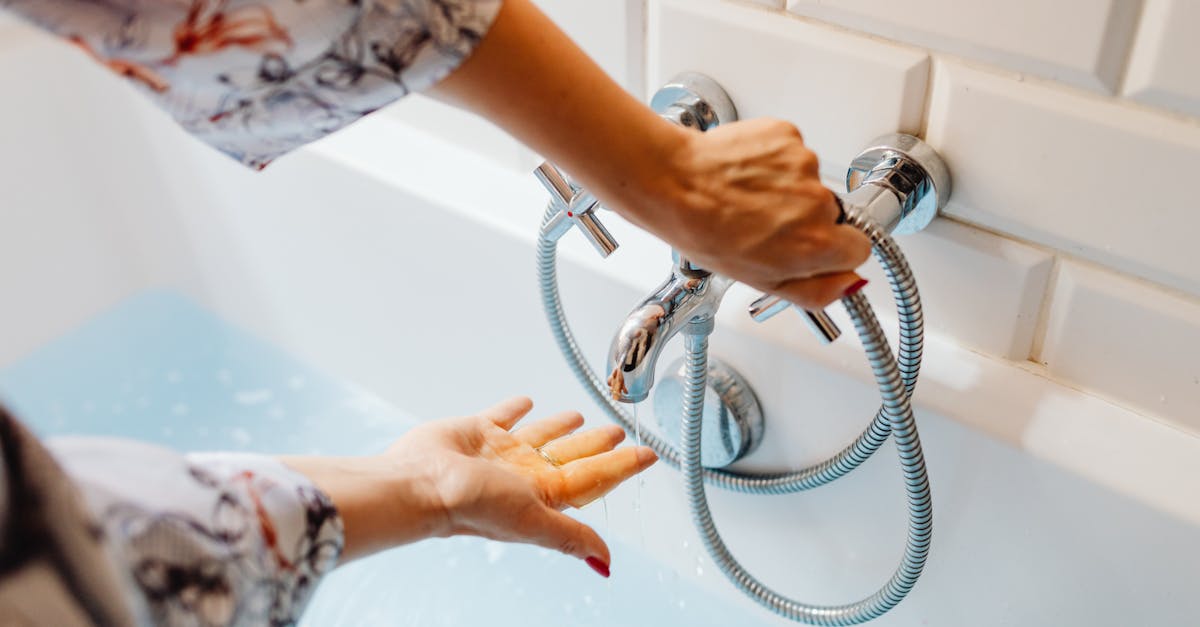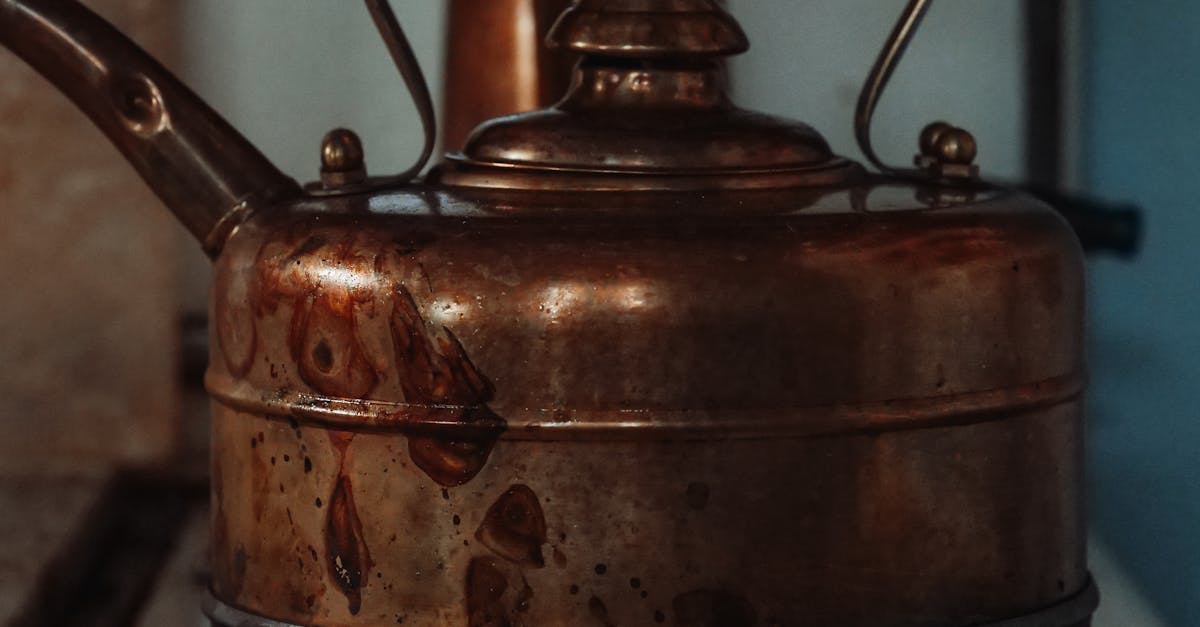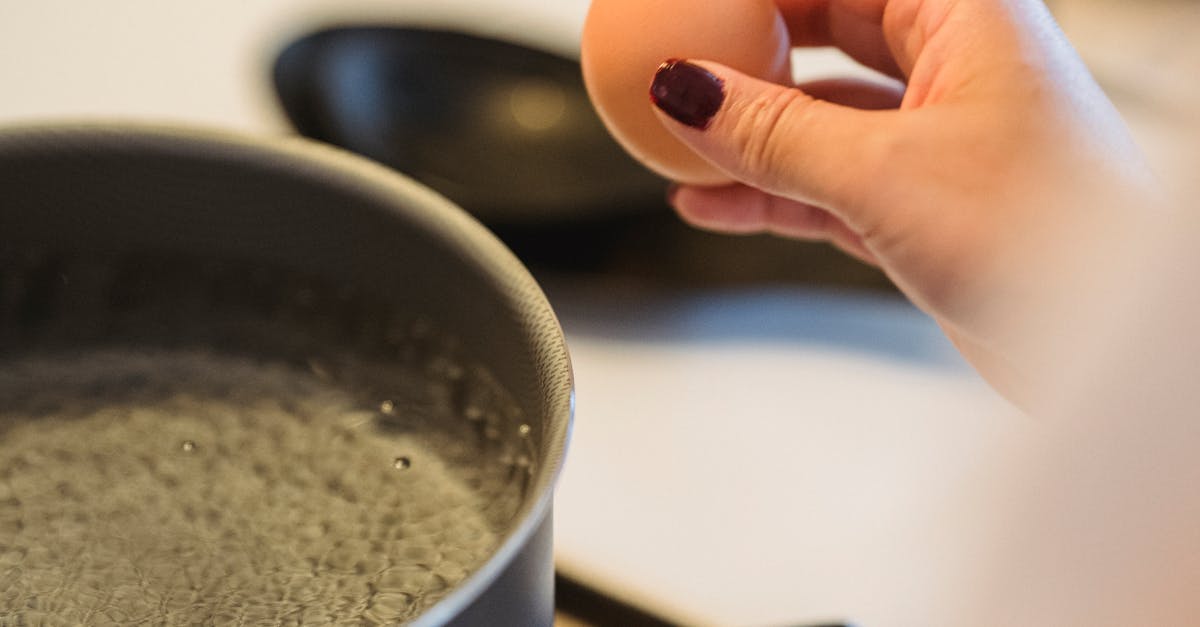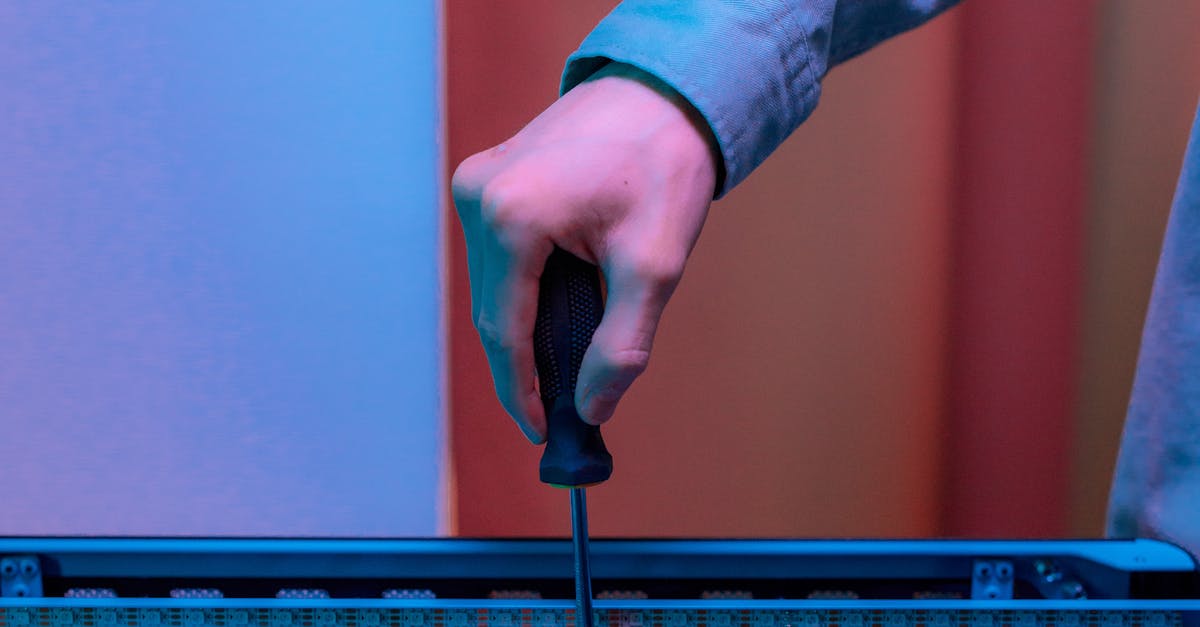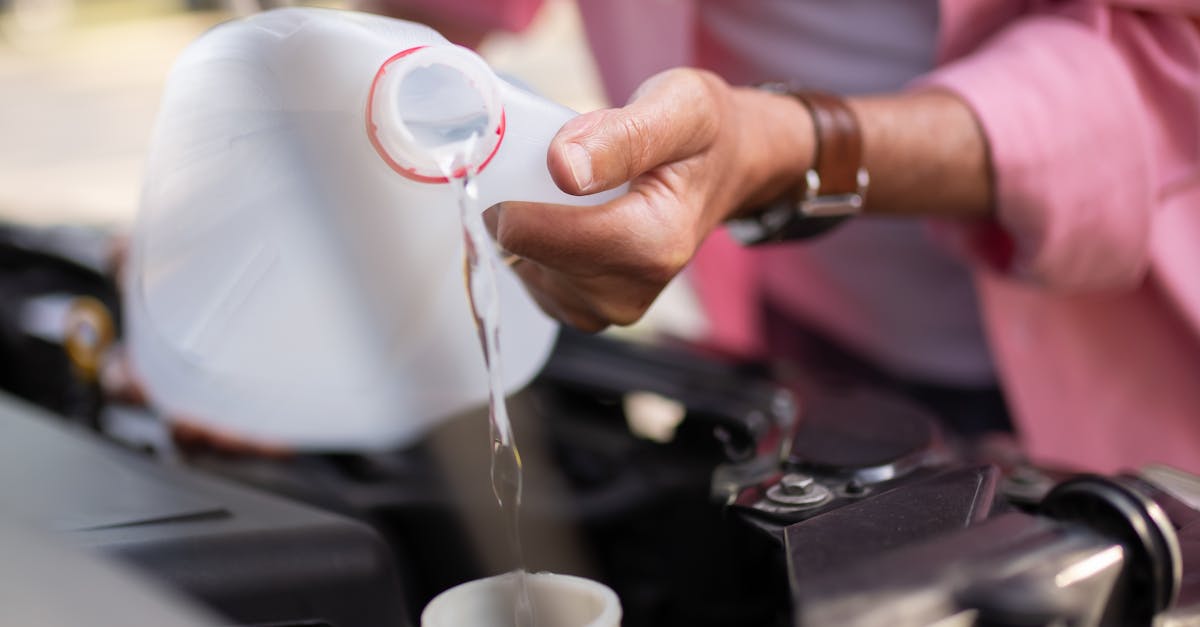
Table Of Contents
Electrical or Gas Supply Interruptions
Electrical or gas supply interruptions can significantly impact the functionality of hot water systems. These interruptions create conditions where systems struggle to heat water effectively or, in some cases, operate altogether. Fluctuations in power supply can lead to the failure of thermostats or heating elements, resulting in inadequate heating. For gas systems, issues such as outages or pressure drops may prevent burners from igniting, leaving households without hot water.
When residents experience such disruptions, it often leads to a need for hot water system repair. Identifying the source of the supply issue is critical. This may involve inspecting circuit breakers, fuses, or gas lines to restore proper service. Regular monitoring of energy supply can help prevent emergencies, ensuring a smooth operation of hot water systems.
Troubleshooting Energy Supply Issues
When a hot water system malfunctions due to energy supply disruptions, it is crucial to systematically troubleshoot the issue. Start by checking the power supply to the unit, ensuring that circuit breakers haven’t tripped or that fuses haven’t blown. For gas systems, verifying the gas supply is essential; the gas valve may be turned off, or there could be an issue with the gas line itself. Identifying whether the problem lies with the current energy source can save both time and money, and may require a professional for a thorough assessment.
If the initial checks do not reveal the problem, further investigation may be necessary. Inspecting the thermostat settings and looking for unusual noises from the unit can offer additional clues. In some cases, a thorough inspection may uncover more profound faults requiring hot water system repair. Engaging a qualified technician not only ensures accurate diagnostics but also addresses any safety concerns associated with malfunctioning systems, ensuring that your hot water supply is restored efficiently.
Incorrect Installation Practices
Installation practices play a crucial role in the longevity and efficiency of hot water systems. An incorrect setup can lead to a myriad of problems that result in the need for immediate attention. Misaligned pipes, improper fittings, or incorrectly set temperature controls could cause leaks or reduce the system's overall performance. This not only affects the water temperature but can also increase energy consumption, leading to higher utility bills over time.
Poor installation can also result in safety hazards, such as gas leaks or electrical issues, prompting urgent hot water system repair. Homes that experience these issues often face more significant expenses in repairs and replacements than if the system had been properly installed from the beginning. It is essential for homeowners to engage qualified professionals who adhere to industry standards to ensure their systems operate efficiently and safely.
Longterm Implications of Poor Setup
Improper installation of hot water systems can lead to a range of long-term issues that significantly impact performance and efficiency. Misaligned pipes and poorly sealed joints can cause leaks, resulting in water damage and increased energy costs. Over time, the system may experience undue wear and tear, leading to frequent failures and the need for regular hot water system repair. Addressing these issues can become increasingly complicated and costly as time goes on.
The consequences of a poorly set up system extend beyond immediate inconveniences. Regular breakdowns not only disrupt daily routines but can also lead to mould growth or structural damage in the home. In many cases, homeowners find that skimping on expert installation ends up costing more in repairs and replacements than investing in quality work from the outset. Ensuring the installation is done correctly creates a stable foundation, ultimately saving time and resources in the long-term.
Inadequate Maintenance Routines
Regular maintenance is essential for the longevity and efficiency of hot water systems. Many homeowners overlook the importance of routine inspections and servicing, leading to the gradual deterioration of components. Issues such as sediment buildup, corroded parts, and damaged valves can develop over time without proper attention. A neglected system not only risks becoming less efficient but also raises the likelihood of unexpected breakdowns, resulting in the need for hot water system repair.
Following recommended maintenance routines can prevent many common issues. Regular checks on temperature settings, pressure relief valves, and anode rods help ensure that the system operates smoothly. In addition, flushing the tank periodically to remove sediment can significantly extend the lifespan of the unit. Homeowners should consider scheduling professional servicing to address potential problems before they escalate, saving both time and money in the long run.
Recommended Maintenance Schedules
Regular maintenance of hot water systems is essential for ensuring long-term performance and preventing unexpected failures. Scheduled inspections should ideally be performed annually, allowing homeowners to identify and address any potential issues before they escalate. During these servicing appointments, professionals can assess components such as heating elements, pressure relief valves, and fittings for any signs of wear. Timely intervention can save significant costs associated with hot water system repair.
In addition to annual professional checks, homeowners should implement their own routine maintenance practices. This may include regularly flushing the tank to remove sediment build-up and checking for leaks or signs of corrosion around the system. Monitoring the temperature settings can also enhance energy efficiency and prolong the lifespan of the unit. Being proactive with maintenance not only improves reliability but also reduces the likelihood of needing extensive hot water system repair in the future.
FAQS
What are the common reasons for hot water system failure?
Common reasons include electrical or gas supply interruptions, incorrect installation practices, and inadequate maintenance routines.
How can I troubleshoot energy supply issues with my hot water system?
To troubleshoot energy supply issues, check the power source, ensure that the gas supply is on (if applicable), inspect circuit breakers, and look for any blown fuses.
What are the long-term implications of poorly installed hot water systems?
Poorly installed hot water systems can lead to reduced efficiency, increased energy costs, higher risk of breakdowns, and potential safety hazards.
How often should I schedule maintenance for my hot water system?
It is generally recommended to schedule maintenance at least once a year to ensure optimal performance and longevity of your hot water system.
What are some signs that my hot water system needs maintenance?
Signs that your hot water system may need maintenance include inconsistent water temperature, unusual noises, leaks, or a noticeable increase in energy bills.

